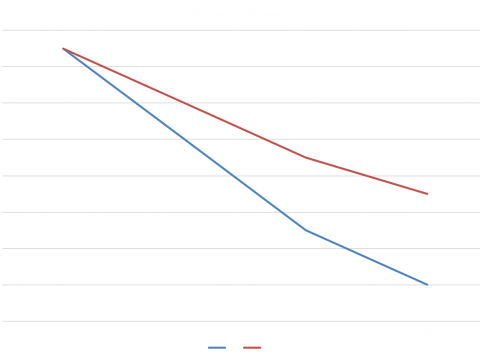
The Athlete’s Guide to Creatine
Creatine supplementation has become very popular among the everyday modern athlete. The reason for all of its popularity among athletes is that research has shown it enhances muscular strength and performance during exercise. Unfortunately, research has only proven to show short-term benefits of creatine use for athletes and the long-term benefits have yet to be determined. With all that being said, many athletes are taking creatine supplements without knowing the actual effects and origin of creatine.
Creatine is a nitrogenous organic acid that naturally occurs in the human body and produces energy (Adenosine Tri-Phosphate) anaerobically through the “phosphagen system.” The phosphagen system provides energy at a very high rate, but it is limited to only a total of about 3-15 seconds in the duration of maximal intensity (i.e., all out sprint).
Our cells contain a storage site for the high-energy compound known as phosphocreatine (PCr) and creatine phosphate. Phosphocreatine and creatine phosphate are broken down into creatine, and a single phosphate group by an enzyme called creatine kinase during high exercise intensities. The single phosphate group will then get added to Adenosine Diphosphate (ADP) to produce Adenosine Triphosphate (ATP). At this point, energy (ATP) is produced and then broken down for cellular work by an enzyme called ATPase.
During the first few seconds of high-intensity exercise, PCR and ATP levels will begin a decline. After about 15 seconds, PCR will be nearly depleted, and ATP levels will have moderately declined. Following exercise, PCR is replenished through the generation of new ATP. However, this ATP is not produced through the “phosphagen system,” rather it is produced aerobically through “oxidative phosphorylation.”
The theory behind taking a creatine supplement is that the more creatine phosphate in our body, the greater the potential for ATP to be generated at a high rate. The technique that athletes commonly use when consuming a creatine supplement is that they will begin a loading phase, where they consume about 20g/day for 5 days straight. This allows the body to fully store up on creatine. After the loading phase is complete, athletes and bodybuilders will begin the maintenance phase, which consists of consuming 3-5g/day of creatine for a month. This allows the body to maintain and replenish any depleted creatine levels that may occur following exercise. After being on creatine supplement for a month, athletes will usually stop consuming creatine for the same amount of time they were on it. This allows their body to go through a detox and it prevents them from overly adapting to creatine.
Now it’s important to note that a creatine supplement is only beneficial to athletes who exercise at high intensities and short durations (e.g. sprinters, power-lifters, hockey players). The reason being is that these individual perform movements at very high intensities for a short period of time and they rely solely on the generation of ATP at very high rates (Phosphagen System). An athlete that performs marathon running wouldn’t benefit from taking this type of supplement because they rely on a different energy system (oxidative phosphorylation) to produce ATP. Marathon runners don’t work at maximal intensities and this means they don’t need to generate ATP at very high rates, rather they generate ATP at slower rates but in a higher capacity.
With all that being said, taking a creatine supplement, just like any other supplement could have its potential side effects. Some of the potential side effects of taking a creatine supplement could be impaired kidney function, muscle cramping and water retention. Now, these potential side effects don’t seem too serious besides impaired kidney function. Since, creatine occurs naturally in the body, it is important to not over consume creatine because that’s what could potentially lead to impaired kidney function. By consuming more creatine then your body can handle, it’s going to cause your kidney’s to work harder and harder and they can eventually become impaired. However, research evidence has been highly anecdotal and their hasn’t been enough long-term studies to determine the actual dangers or side effects of taking a creatine supplement.
In conclusion, if you are an athlete that competes in an anaerobic sport and are looking to enhance your performance, then a creatine supplement may be beneficial to you. Just make sure you don’t over consume or use an expired creatine supplement when consuming.
Remi Sovran













